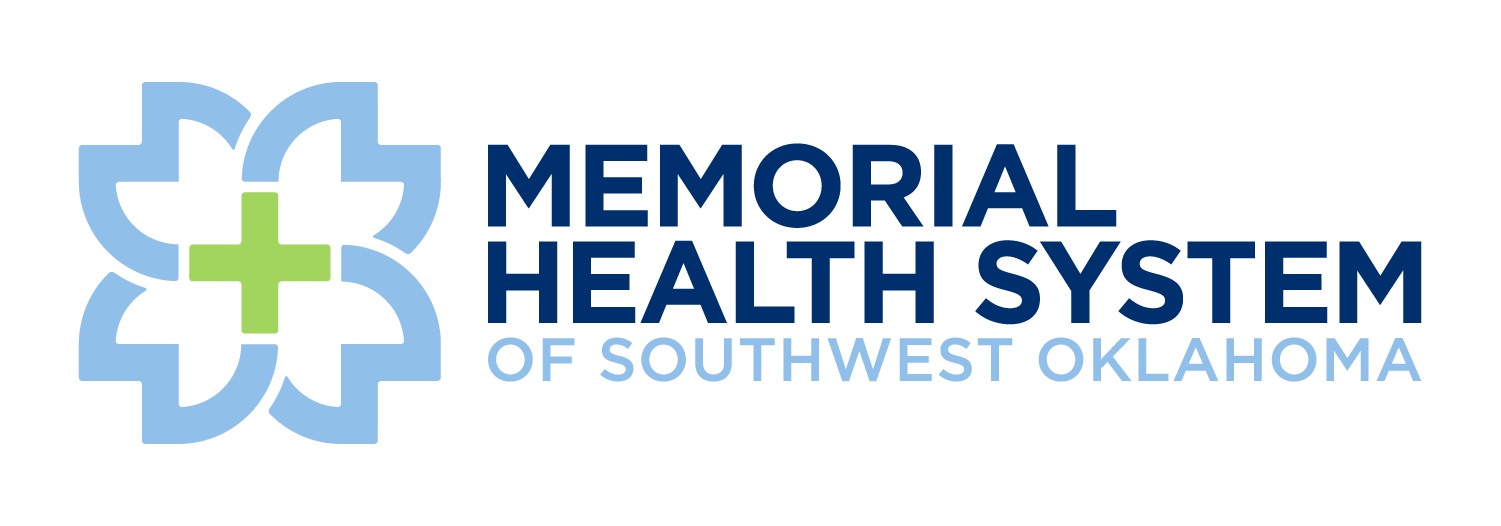Physical health is of utmost importance right now with COVID 19 surging in our communities. With rising numbers of COVID 19 cases, we also need to be attentive and proactive in practicing good mental health. During this time we are interacting with loved ones less. Holidays are coming and many are forced to cancel plans and stay in place leaving us feeling down and depressed.
According to the World Health Organization (WHO), COVID 19 is disrupting many public mental health services, leading to more mental health issues across the globe.
- Over 60% reported disruptions to services for vulnerable people, including children and adolescents (72%), older adults (70%), and women requiring antenatal or postnatal services (61%).
- 67% saw disruptions to counseling and psychotherapy; 65% to critical harm reduction services; and 45% to opioid agonist maintenance treatment for opioid dependence.
- More than a third (35%) reported disruptions to emergency interventions, including those for people experiencing prolonged seizures; severe substance use withdrawal syndromes; and delirium, often a sign of a serious underlying medical condition.
- 30% reported disruptions to access for medications for mental, neurological and substance use disorders.
- Around three-quarters reported at least partial disruptions to school and workplace mental health services (78% and 75% respectively).
While public services may offer virtual meetings and other contactless methods to provide care for those who need mental health support, it can be difficult to find a routine that offers enough consistent assistance during this very unpredictable time.
Practice Good Mental Health During COVID 19
There are ways to practice good mental health at home. This can start with being mindful of your physical health. This can include getting enough sleep, participating in regular physical activity, eating a healthy diet, avoiding tobacco, alcohol and drugs, limiting screen time, and relaxing and recharging away from technology.
It’s also important to take care of your mind. You can reduce stress triggers by keeping to your regular routine, limiting exposure to news media, staying busy with hobbies you enjoy, focusing on positive thoughts, and using your moral compass or spiritual life for support.
Checking on your Children and Teens
It’s imperative that families with younger children also recognize the toll COVID 19 takes on their children. Many children are out of school. They are constantly reminded of the risks of COVID and the importance of being prepared and cautious. They also take on rising anxiety and stress from surrounding family and friends. Be sure to keep up with preventative visits with your family care physician and check on physical and mental health concerns.
Disclaimer:
The Comanche County Memorial Hospital website does not provide specific medical advice for individual cases. Comanche County Memorial Hospital does not endorse any services obtained through information provided on this site, articles on the site or any links on this site.
Use of the information obtained by the Comanche County Memorial Hospital website does not replace medical advice given by a qualified medical provider to meet the medical needs of our readers or others.
While content is frequently updated, medical information changes quickly. Information may be out of date, and/or contain inaccuracies or typographical errors. For questions or concerns, please contact us at contact@ccmhhealth.com.
Sources:
https://www.ccmhhealth.com/family-care/

